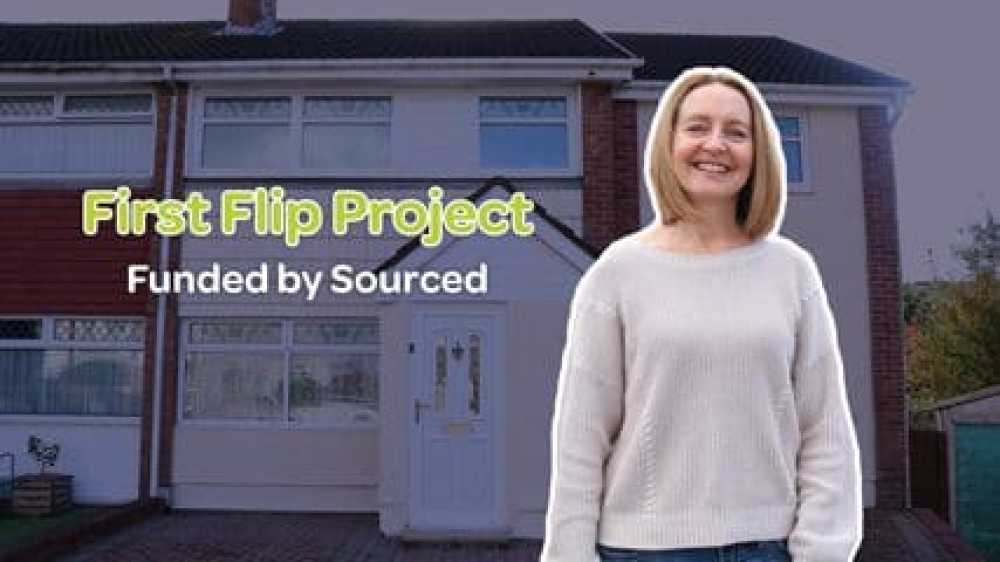Flipping involves buying a property below market value (BMV), renovating it to a much higher standard and selling on for a profit within a few months – certainly, within one year.
The more run-down the property, the less likely you are to face competition so, the cheaper you’ll get it. You’ll find this type of property at auctions or you can look for probate properties. The latter is inherited, often require modernisation, and the family are usually keen on a quick sale.
Profits
You can expect to make a profit of between 20% to 40% of the property’s value, minus what you’ve spent on the refurb.
A typical project could involve buying a property for £150,000 and spending £30,000 on the renovation. The sale price could be £220,000, meaning you’d made a profit of £40,000.
The best time for this kind of strategy is when the property market is quiet so, prices will be average or low. The market has, of course, been hectic the past year and house prices are high. It is slowing down though, making this kind of strategy more viable again.
Statistics
According to a survey by Hamptons, around 23,000 homes in England and Wales were flipped – 2.5% of the total number of homes sold. Of those properties, only 5% were flats, compared to 20% of flipped properties a year earlier.
The survey went on to state that more homes are flipped in Burnley than elsewhere in England – 8%. Of those, 81 properties cost less than £40,000.
Pros and cons
Flipping is a good strategy for novice investors because it allows them to acquire a lump sum of money in a relatively short space of time, which they can reinvest in another more ambitious renovation project.
Advantages of flipping
Complete three refurbishment properties in a year and you can make an annual income of around £75,000. which equals to a conservative £25,000 profit on each.
Disadvantages of flipping
The bank of England is expected to increase interest rates around December, meaning mortgage costs will go up and people may be less inclined to buy – or simply can’t afford to. That, in turn, means you may have trouble selling quickly.
Some banks will only let you sell if you’ve owned the property for six months minimum.
Succeed with Sourced

Sourced Swansea Central franchisee Sandra George was able to give up her job as Head of Academic Success at the University of Swansea to work full-time in her own property business. Her current project is a three-bed, which she bought for £190,000. She plans to make it a four-bedroom open-plan home by spending £20,000 on refurbishments. She has received a completed guide sale price of £250,000 and the estimated profit is £40,000.
Sandra borrowed money for the investment via the Sourced peer-to-peer lending platform, gained valuable tips on the Sourced two-day Flips and Refurbs training programme and received help from her one-to-one Sourced mentor. She plans to take care of her cash flow by looking at Rent to Rent and Serviced Accommodation opportunities in the future, as well as carrying out more flips. To learn more about Sandra’s project, watch the video.
If you are interested to find out more, not only about flips but also about all the property strategies we cover, download our prospectus today.
